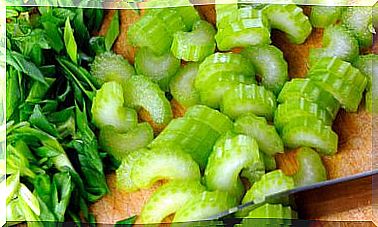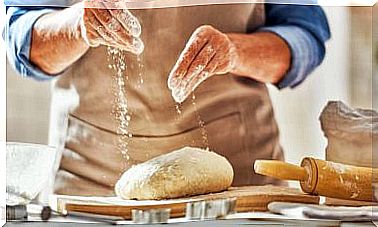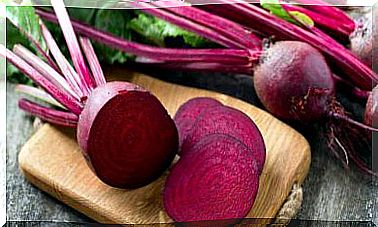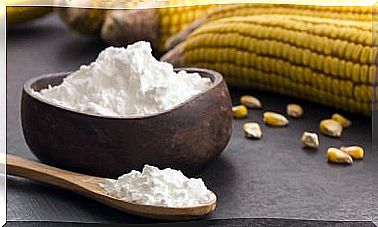Inflammation: A Response To Aggression
Inflammation is the body’s way of manifesting various diseases. It is a response to the aggressions of the environment that is generated by inflammatory agents.
It occurs only in connective tissues, in order to isolate and destroy the external agent, and repair the damaged tissue and organ.
What role does the immune system play in this process?
The immune system controls the physiological processes that lead to inflammation. This is done through receptors, effector cells, and through substances that they synthesize and release. In other words, it organizes all the physiological responses responsible for giving rise to this mechanism.
To eliminate the invading agent, the immune system generates an inflammatory process through the activation of a defense mechanism to achieve a balance in the body. In this way, the immune system protects the body from potentially harmful substances by responding to and recognizing antigens.
Antigens
Antigens are substances found on the surface of cells, such as:
- Virus.
- Mushrooms.
- Bacteria
- Chemicals
- Inert substances.
- Foreign particles (a splinter can be considered an antigen).
Functioning of the immune system in the inflammation process
The main function of the cells of the immune system is to eliminate pathogens and release biologically active molecules. The immune cells involved in the inflammation process are the following:
Macrophages
These are cells found in tissues, along with mast cells; macrophages are powerful receptors capable of detecting antigens.
When activated, they kill microbes and initiate the tissue repair process. These are responsible for most of the tissue damage, and chronic inflammation.
Macrophages are effective in fighting invasion by microbes, but they can be damaging when directed into the tissues themselves.
For this reason, tissue destruction is characteristic of chronic inflammation, when macrophages accumulate, increasing collateral damage.
Lymphocytes
They are activated with the aim of producing antibodies and cells capable of identifying and destroying the pathogenic microbe. There are different types of lymphocytes, some kill virus-infected cells, others are regulators that control the inflammatory process.
Plasma cells

These cells produce large amounts of antibodies directed against the pathogenic microbe, and sometimes against endogenous antigens (in autoimmune diseases).
Eosinophils
Eosinophils are abundant in inflammatory reactions in parasite infections. They have an important role in the destruction of tissues in immune reactions, such as allergies.
Mast cells
Like macrophages, mast cells are cells distributed throughout the tissues that have receptors in their membranes of immediate hypersensitivity, and they react to physical stress, heat, cold, pressure … and participate in both acute and chronic inflammation.
How does diet affect the inflammatory process?
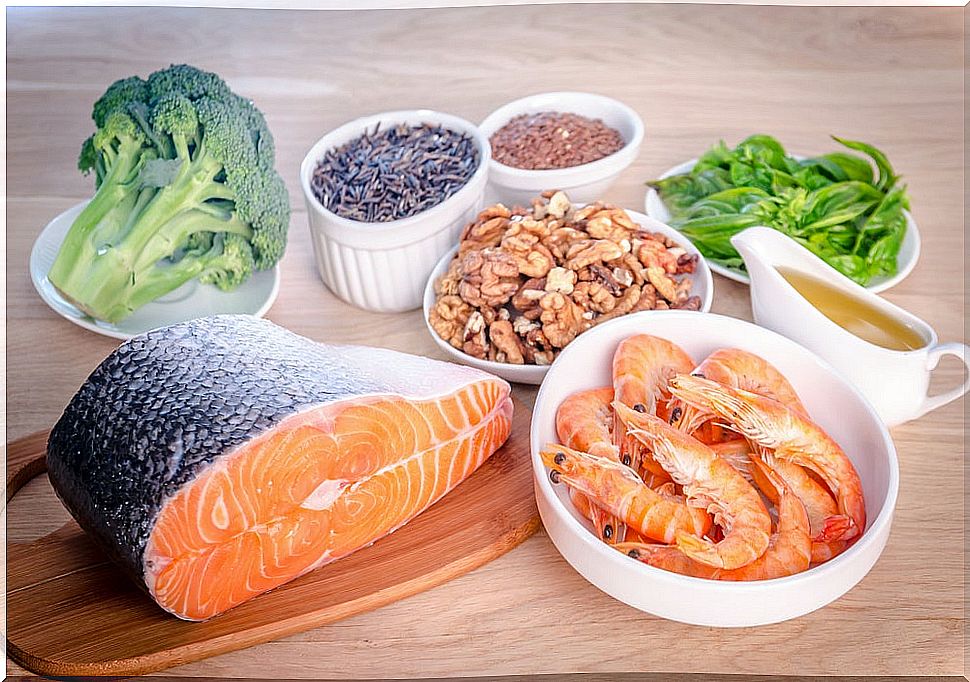
External agents modify and determine the expression of certain genes, in addition to the effect that food has on cells and tissues.
It is essential to keep track of diet if we want to prevent diseases of inflammatory origin, and carry out a personalized study of each person, because each one will react differently.
Foods that have anti-inflammatory power
- Blue Fish.
- Some types of algae.
- Omega-3 fatty acids.
- Oil from certain seeds.
These foods exert an anti-inflammatory effect; On the other hand, trans fats are very harmful to health and, in this sense, their consumption increases the amount of inflammatory markers in the blood.
Protein
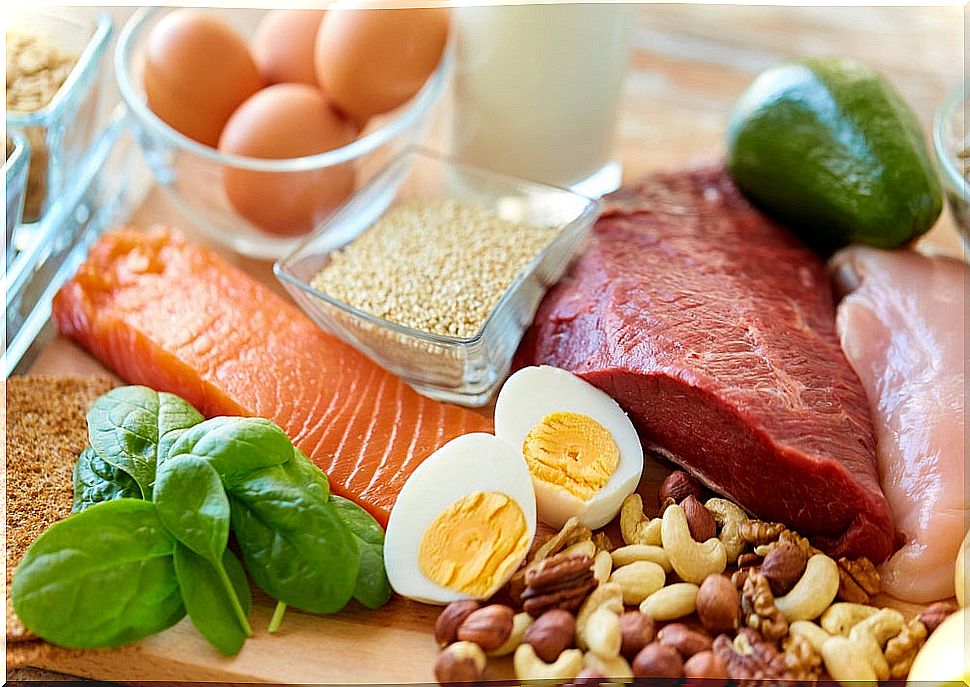
Consumption must correspond to physiological needs, and not be exceeded with this food; since its high consumption tends to acidify the body, and this favors inflammatory and degenerative processes.
Carbohydrates
Maintaining an adjustment in carbohydrate consumption, and a healthy weight, ensure low levels of inflammatory markers in the blood.
Vitamins and antioxidants
Abundant in fruits and vegetables, they have the ability to neutralize free radicals, agents involved in the inflammatory process. The consumption of foods rich in antioxidants and vitamins reduces the damaging action of free radicals, and reduces inflammatory processes.
Conclution
Remember that by maintaining a healthy lifestyle you can always enjoy well-being. Now, if you have any concerns, do not hesitate to consult with your doctor.
